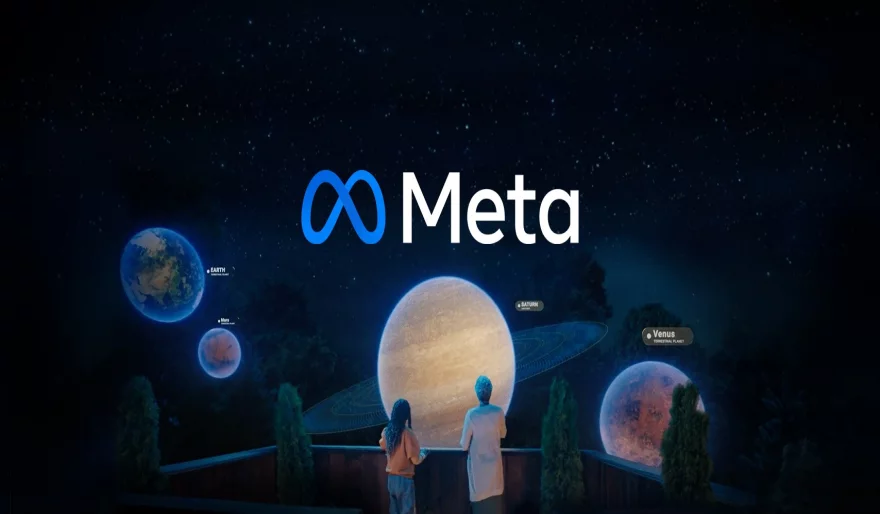Stay Ahead of the Curve
Latest AI news, expert analysis, bold opinions, and key trends — delivered to your inbox.
Meta Platforms Unveils 'Human-Like' AI Model for Image Completion: I-JEPA
3 min read Exciting news from Meta Platforms! The company is sharing its cutting-edge AI model, I-JEPA, with researchers. This "human-like" model outperforms existing ones in analyzing and completing unfinished images by incorporating background knowledge. A big step forward in AI image processing! June 14, 2023 06:19
Meta Platforms, the parent company of Facebook and Instagram, is sharing components of its new "human-like" AI model, I-JEPA, with researchers. This model excels at analyzing and completing unfinished images more accurately than existing models by using background knowledge to fill in missing details.
I-JEPA takes a unique approach, incorporating human-like reasoning to avoid common errors seen in AI-generated images. This method, championed by Meta's AI scientist Yann LeCun, enhances the model's accuracy and realism, resulting in more natural and reliable image completion.
By open-sourcing their AI research, Meta aims to foster innovation, identify safety gaps, and reduce costs. Meta CEO Mark Zuckerberg believes standardizing on shared tools benefits the industry as a whole, allowing for collective improvement. Collaboration is key!
While some in the industry express concerns about AI risks, Meta executives have focused on building safety checks into their AI systems. LeCun opposes "AI doomerism" and advocates for responsible AI development to ensure its potential benefits outweigh the risks.
Meta is not only sharing AI models but also integrating generative AI features into their consumer products. Ad tools with image background creation and an Instagram feature that modifies user photos based on text prompts are among the exciting developments.
Meta's commitment to advancing AI research and democratizing access to innovative technologies reinforces their position as industry leaders. With responsible AI practices and product integration, they continue to shape the future of AI-driven experiences.
As Meta expands its AI capabilities, collaboration and safety measures will play a vital role in ensuring the responsible and beneficial use of AI technologies. Let's embrace the potential of AI while upholding ethical standards to build a better digital world.



















 AI Agents
AI Agents